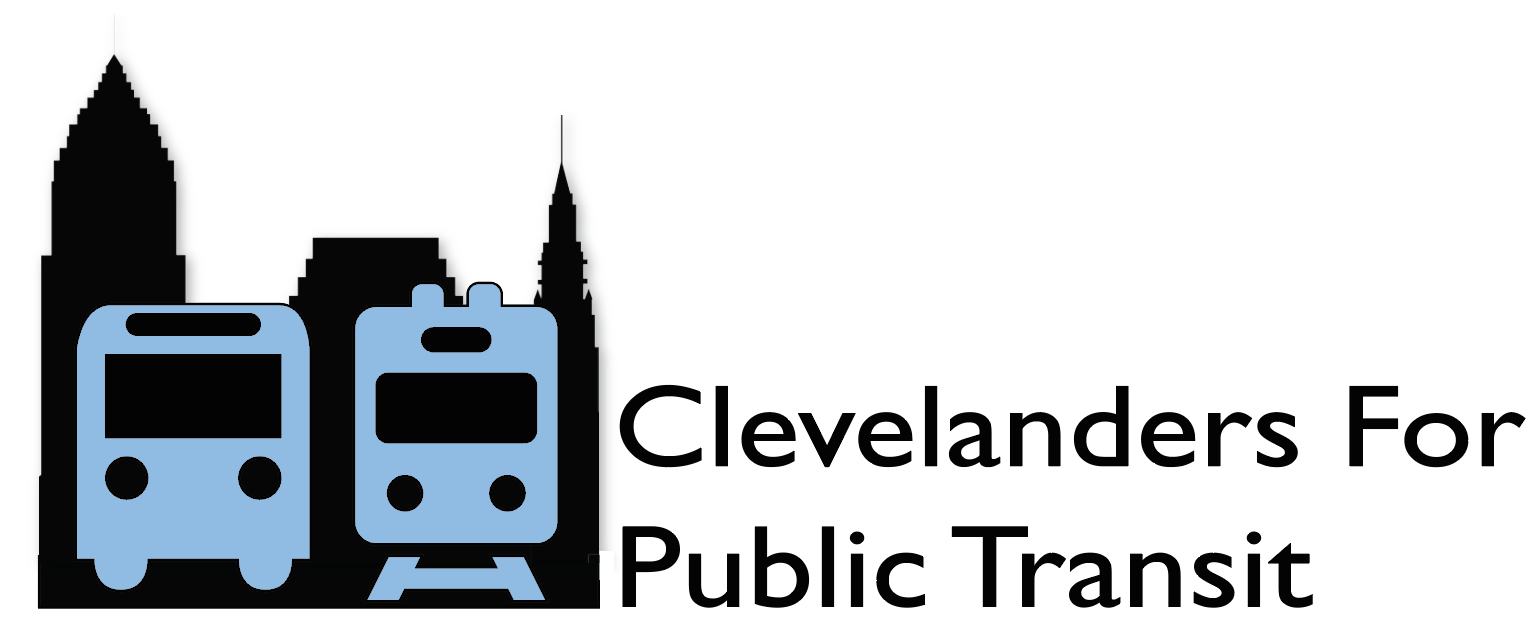
by Art Cernoia
October 26th is the three-year anniversary of Judge Emanuella Groves’ decision striking down RTA’s fare enforcement policy. It’s a good time to look back on this — both as a reminder of RTA’s failure to address this issue (and thus “heal” the HealthLine) and also as a tie-in to current efforts highlighting how RTA’s $14 million transit police budget might, at least in part, be put to better use.
First, a review of the case that resulted in Judge Grove’s ruling: In July, 2017, Ronnie Williams was riding the HealthLine when he was confronted by uniformed, armed RTA police demanding to see his fare card, which passengers usually purchase before boarding. Mr. Williams informed the officers that the ticket vending machine was broken at his station, so he paid with cash at the farebox on the bus, which is also legal and proper. Still, even though RTA does not provide proof of purchase for cash fares, his failure to produce proof of payment resulted in his being removed from the bus and charged with fare evasion, which Cleveland Municipal Code and the Ohio Revised Code classify as a class four misdemeanor. To be clear, the request to Mr. Williams was not due to a suspicion that he had not paid his fare. The officers were asking everyone.
When the case went to court, Judge Groves ruled for Mr. Williams and against RTA, but also went further in pointing out that RTA’s policy of using armed law enforcement in acting upon ‘presumed guilt’ of fare evasion was in violation of the Fourth Amendment to the Constitution (“the right of the people to be secure in their persons, houses, papers, and effects, against unreasonable searches and seizures”).
… the idea that Mr. Williams would need to defend himself in court when there was no evidence he had done anything wrong was “arbitrary and abusive.”
For those who might say, well, heck, RTA needs to be able to make sure people pay their fare, Judge Groves does not disagree. The rub comes when armed law enforcement, with the power to arrest and detain, are the front line enforcers.
Also, even given that RTA’s arrest of Mr. Williams was inconsistent with their protocol of not providing proof-of-payment for one-way cash fares, the idea that Mr. Williams would need to defend himself in court when there was no evidence he had done anything wrong was “arbitrary and abusive.”
On most RTA buses you pay when you board at the front — and thus it is easy for operators to validate fares. But the HealthLine uses special buses with doors on both sides and center-boarding platforms, which allow riders to board at the center door, away from the operator. So with Judge Groves’ ruling putting the operator in the role of checking fares, passengers must snake their way to the front of the bus. This is time consuming and inconvenient, resulting in less-reliable, slower service that undermines the benefits of all-door boarding, to say nothing of the impossibility of maintaining social distancing during a pandemic.
… Judge Groves reminded us that we do not check our constitutional rights at the door when we board the RTA.
And you just gotta think that using police to check fares was a good indication that there were not enough other things for these good officers to be doing anyway. Indeed, the budget for transit police has been rising even as other parts of the RTA budget have been shrinking, leading to service cuts and the resulting spiral of lost ridership and further service cuts.
Other cities have created civilian “transit ambassador” positions to check fares and perform other customer service related duties. We urge RTA to do this, and have been doing so since releasing our Fair Fares platform in early 2018.
In the meantime, it’s been three years since Judge Groves reminded us that we do not check our constitutional rights at the door when we board the RTA.
